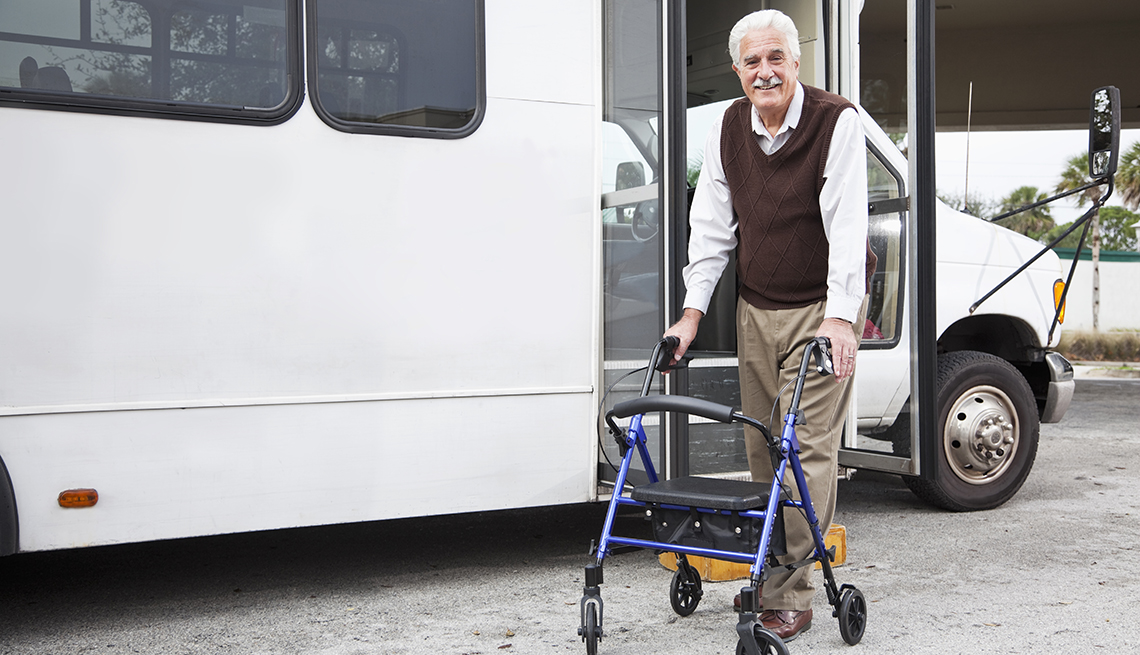Accessible Care on Wheels: Explore Medical Transportation Services Near Me
Accessible Care on Wheels: Explore Medical Transportation Services Near Me
Blog Article
Easily Accessible and Affordable Medical Transport Options for Seamless Health And Wellness Assistance
In the realm of healthcare, the ease of access and affordability of clinical transport are vital in making certain people can access the care they need when they require it. From non-emergency medical transport services to cutting-edge remedies like telehealth, the landscape of medical transport is developing to fulfill the varied demands of clients.
Non-Emergency Medical Transport Provider

These services are staffed by qualified professionals that prioritize client convenience and safety throughout transportation. Chauffeurs are outfitted to take care of individuals with varying clinical demands and make certain that all trips are trouble-free and smooth - Medical Transportation Services Near Me. Additionally, non-emergency medical transportation services typically use specific vehicles that are wheelchair-accessible, making them suitable for a broad array of individuals with different movement demands
Volunteer Motorist Programs
Volunteer driver programs contribute in giving transportation assistance for people looking for non-urgent clinical care. These programs rely upon the kindness of volunteers that donate their time and vehicles to assist transportation individuals to and from medical visits. By making use of volunteer vehicle drivers, organizations can provide an affordable remedy for individuals that may not have accessibility to trustworthy transportation.
Among the key benefits of volunteer vehicle driver programs is the individualized care and interest that people get. Unlike standard transportation services, volunteer drivers commonly develop a connection with the individuals they aid, producing a compassionate and helpful environment during what can be a stressful time. Additionally, volunteer driver programs can help connect the space for individuals staying in underserved or rural areas where public transportation options may be limited.
Public Transport Options

Among the crucial advantages of mass transit is its prevalent availability in country and urban areas alike. This comprehensive network enables patients from varied histories to travel to medical consultations with relative ease. Additionally, mass transit systems are usually furnished to accommodate people with handicaps, supplying available traveling choices for those with mobility obstacles.

Ride-Sharing and Transportation Network Companies
The evolution of modern transportation choices for medical objectives prolongs past typical public systems like buses and trains to include the innovative realm of ride-sharing and transport network firms. Ride-sharing solutions such as Uber and Lyft have changed the way individuals travel to clinical visits, supplying benefit hop over to here and versatility to clients that might not have accessibility to their cars or standard public transport. These systems allow users to ask for an adventure with the touch of a switch on their smartphones, offering door-to-door solution that can be especially valuable for individuals with flexibility obstacles or those needing help.
Transportation network business (TNCs) have likewise played a significant function in linking the void in clinical transport solutions. Firms like Veyo and RoundTrip specialize in non-emergency medical transportation, accommodating people who require a higher degree helpful during their journeys to clinical centers. By partnering with doctor and insurers, TNCs guarantee that patients can access prompt and reliable transportation options, ultimately contributing to boosted health end results and patient complete satisfaction.
Telehealth and Online Examinations
Enhancing health care ease of access and comfort, telehealth and digital assessments have become essential elements in contemporary medical practices, revolutionizing the way clients connect with medical care suppliers. Telehealth leverages technology to facilitate remote interaction between people and healthcare specialists, supplying a large selection of services this such as digital assessments, remote surveillance, and digital prescriptions. Digital appointments make it possible for clients to seek medical suggestions, medical diagnosis, and treatment from the comfort of their homes, getting rid of the requirement for physical visits to health care facilities. This technique not just saves time and decreases transportation expenses for patients yet likewise improves the total performance of healthcare shipment.
Additionally, telehealth plays an important role in extending medical services to underserved neighborhoods, country locations, and people with limited flexibility. By damaging down geographical barriers and enhancing medical care outreach, telehealth promotes very early treatment, continuity of treatment, and individual interaction. As modern technology remains to advance, telehealth is poised to play a progressively substantial role fit the future of healthcare delivery, promoting improved health outcomes and individual satisfaction.
Conclusion

From non-emergency clinical transportation solutions to ingenious services like telehealth, the landscape of clinical transportation is developing to meet the varied needs of people.Non-Emergency Medical Transport Solutions assist in the risk-free and timely transport of people needing non-urgent clinical treatment to and from healthcare facilities.The evolution of contemporary transportation choices for clinical purposes prolongs beyond typical public systems like buses and trains to encompass the innovative world of ride-sharing and transportation network business.Transport network companies (TNCs) have likewise played a significant duty in connecting the void in medical transportation solutions. Non-Emergency Medical Transportation Providers, Volunteer Driver Programs, Public Transport Options, Ride-Sharing and Transportation Network Companies, and Telehealth and Virtual Consultations all play an important function in attending to transport obstacles to medical care accessibility.
Report this page